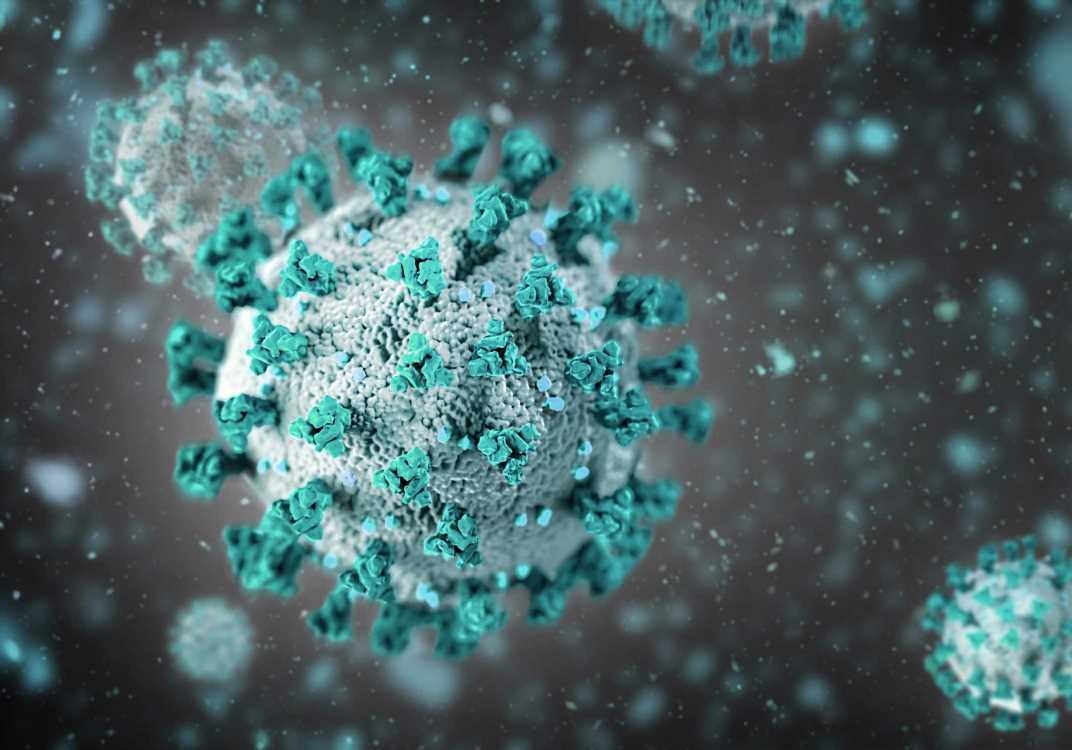NOROVIRUS cases have jumped by a third in two weeks, new official data has shown.
Cases of the winter vomiting bug were almost double the average for this time of the year, according to the UK Health Security Agency (UKHSA).
In the fortnight leading up to February 12, there were 708 norovirus infections reported, compared to an average of 373 typically recorded in the same two-week period before the pandemic.
Infections were also up 34 per cent from activity recorded in the previous two weeks.
The UKHSA recorded 685 infections between January 23 and February 5.
Meanwhile, The Sun reported last week that infections were 'significantly higher' than what they normally are at this time of year, with an average of 706 patients in hospital with norovirus-like symptoms.
READ MORE ON NOROVIRUS
Warning as norovirus levels higher than previous years – the 6 signs to know
Warning as norovirus cases rife as infections surge- the 6 signs you must know
"It is likely that unusual norovirus activity will continue throughout the 2022/2023 season," the UKHSA wrote.
Most cases continued to be recorded in people aged 65 and over.
The also UKHSA said that reports of suspected and confirmed norovirus outbreaks in hospital settings have also increased compared to previous weeks.
However, these are still below the 5-season average.
Most read in Health

NHS unions turn on each other as nurses call off strikes to hold pay talks

How where you live ‘increases your chance of dementia’ – are you at risk?

Doctors shocked to discover common illness ‘cured’ man’s chronic migraines

I'm a doctor – here's what really happens when you’re dying and how it feels
Figures from the UKHSA show that levels of the bug were 'unusually low' from March 2019 to 2020, with cases increasing through 2020/2021.
The 6 norovirus signs to watch out for:
The symptoms of norovirus come on suddenly and the NHS states the main signs are:
- feeling sick (nausea)
- diarrhoea
- being sick (vomiting)
- you may also have a high temperature
- a headache
- aching arms and legs
Norovirus can spread very easily and you can catch it from having close contact with some who has the bug.
Touching your mouth after touching surfaces or objects that have the virus on them could also lead to you getting it.
How to protect yourself from norovirus
Norovirus can be nasty, but there are ways that you can prevent you and your family catching the bug.
- Pay close attention to hygiene – wash your hands frequently, using soap and water
- Avoid close contact with people who are obviously sick
If you or members of your household are ill:
- Try to keep those with symptoms away from others until the illness has subsided for at least 48 hours
- Clean frequently – disinfect any potentially contaminated surfaces or objects with a bleach-based household cleaner or a combination of bleach and water. This includes toilets, taps, telephones, door handles and kitchen surfaces
- Wash contaminated clothing or bedding using detergent at high temperature (60C)
- Do not allow anyone who is sick to prepare food for other people
- Anyone who has symptoms should drink fluids and stay well hydrated. Consider adding rehydration salts to water. Eat plain foods (if you can manage eating).
- Seek medical attention if symptoms are not improving after 24 hours, or if concerned. This is especially important for young children and the elderly, as they are prone to rapid dehydration.
Alcohol-based hand gel does not kill norovirus, NHS guidance warns, so washing your hands frequently with soap water is best way to stop it from spreading.
If you or your child have norovirus, you can usually treat it at home. Make sure to have plenty of rest and avoid dehydration by drinking plenty of fluids.
You'll usually start to feel better within 2 to 3 days.
When to call 111
Read More on The Sun
Ex Loose Women star to make TV comeback after signing up for Celebrity Masterchef
I’m known as the girl with a rump at the front – I thought it was unusual
The NHS advises that you call the helpline if:
- you're worried about your baby who is younger than 12 months
- your child stops breast or bottle feeding while they're ill
- you think your child under 5 might be dehydrated – signs could include fewer wet nappies
- you've used rehydration sachets but still have signs of dehydration
- you or your child keep being sick and can't keep fluids down
- you or your child have bloody diarrhoea or start bleeding from the bottom
- you or your child have diarrhoea for more than 7 days or vomiting for more than 2 days
Source: Read Full Article





